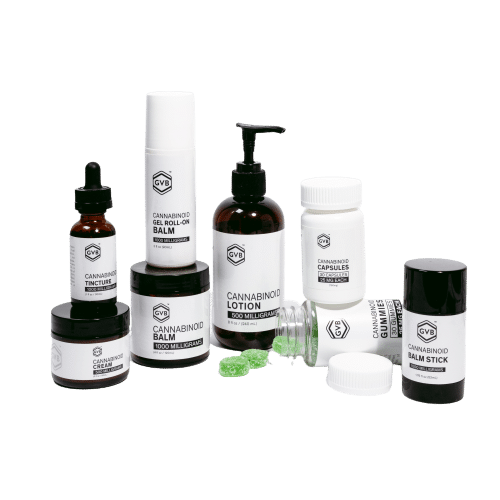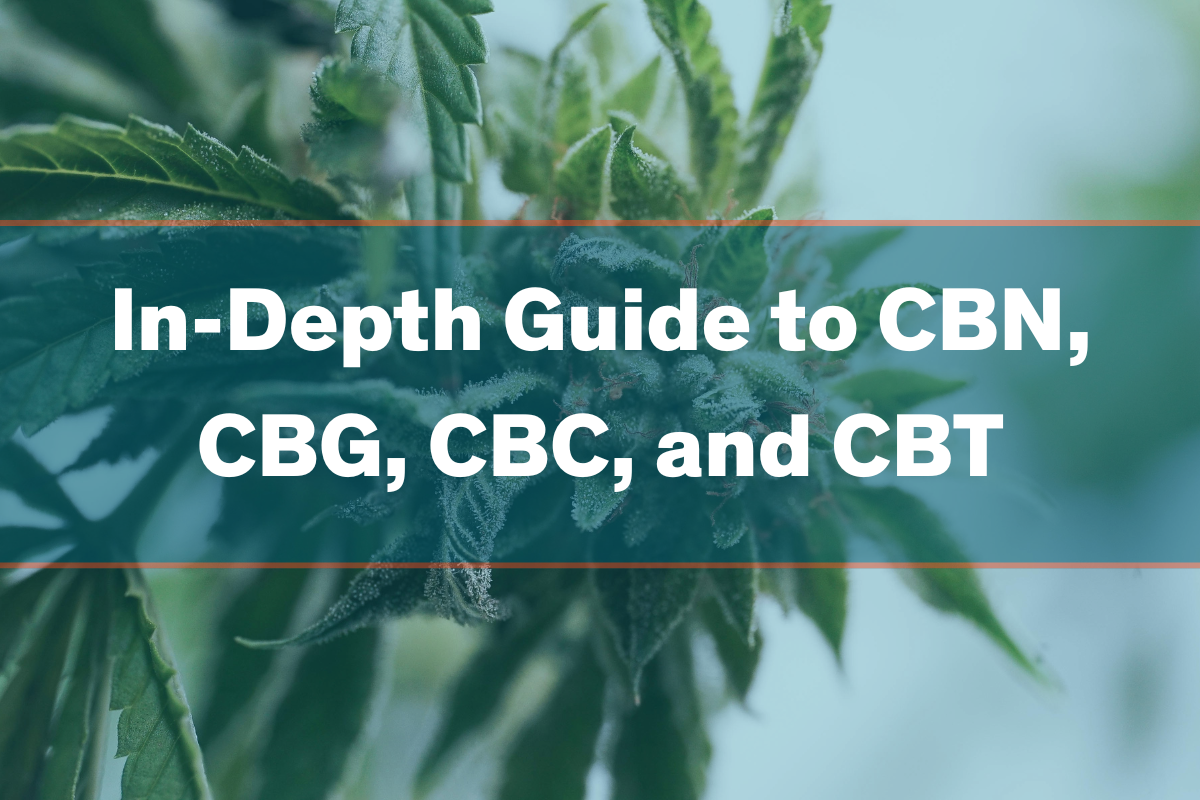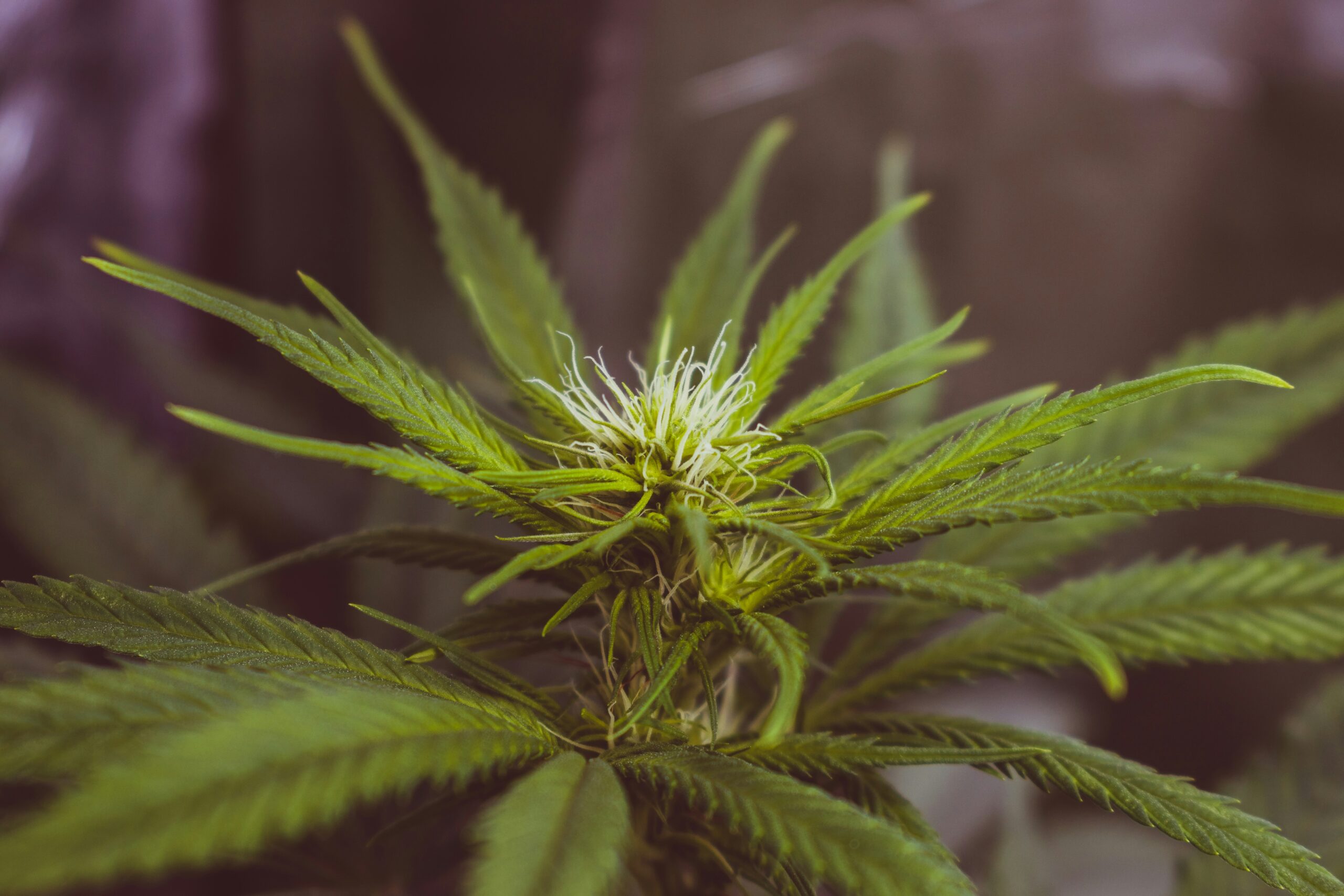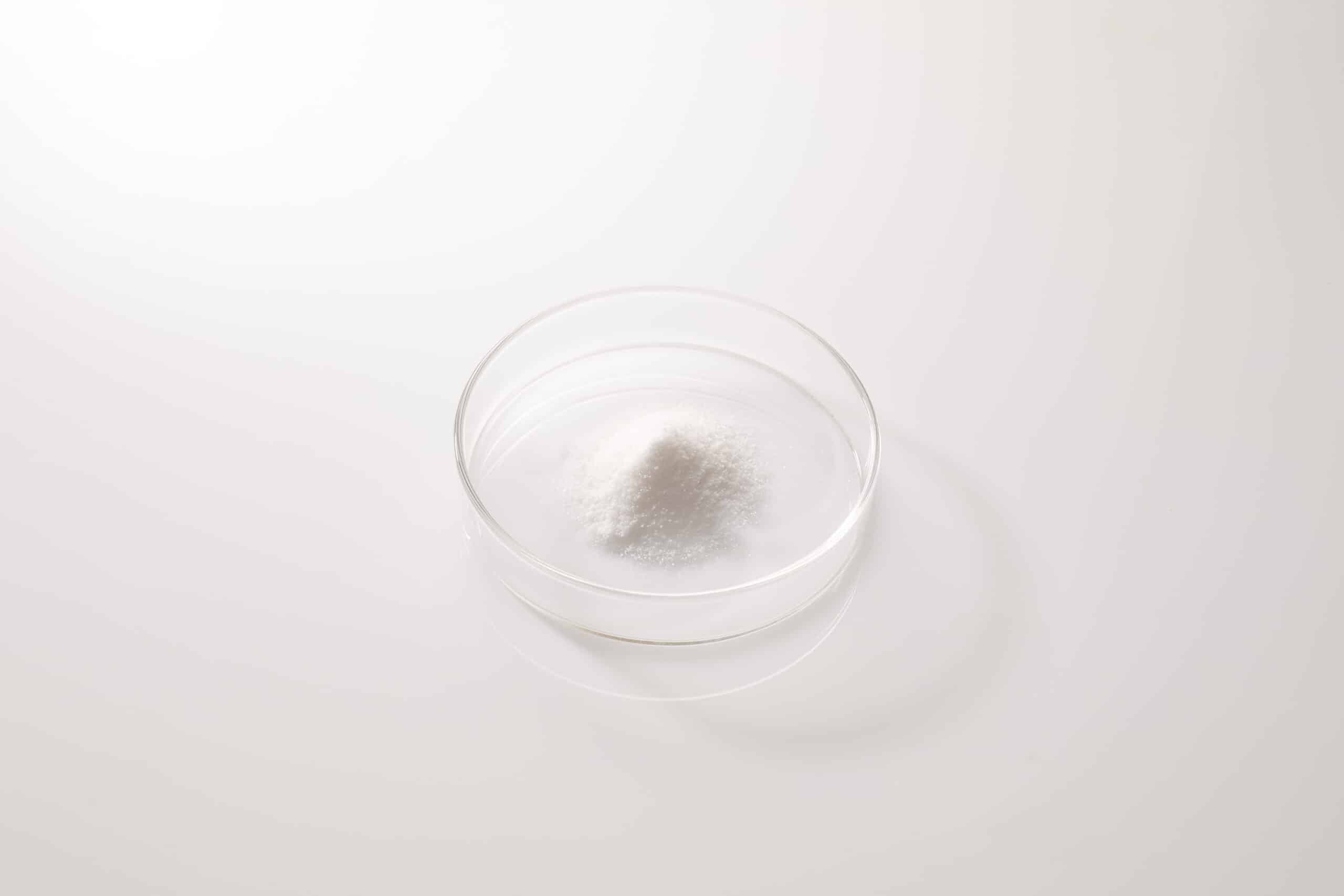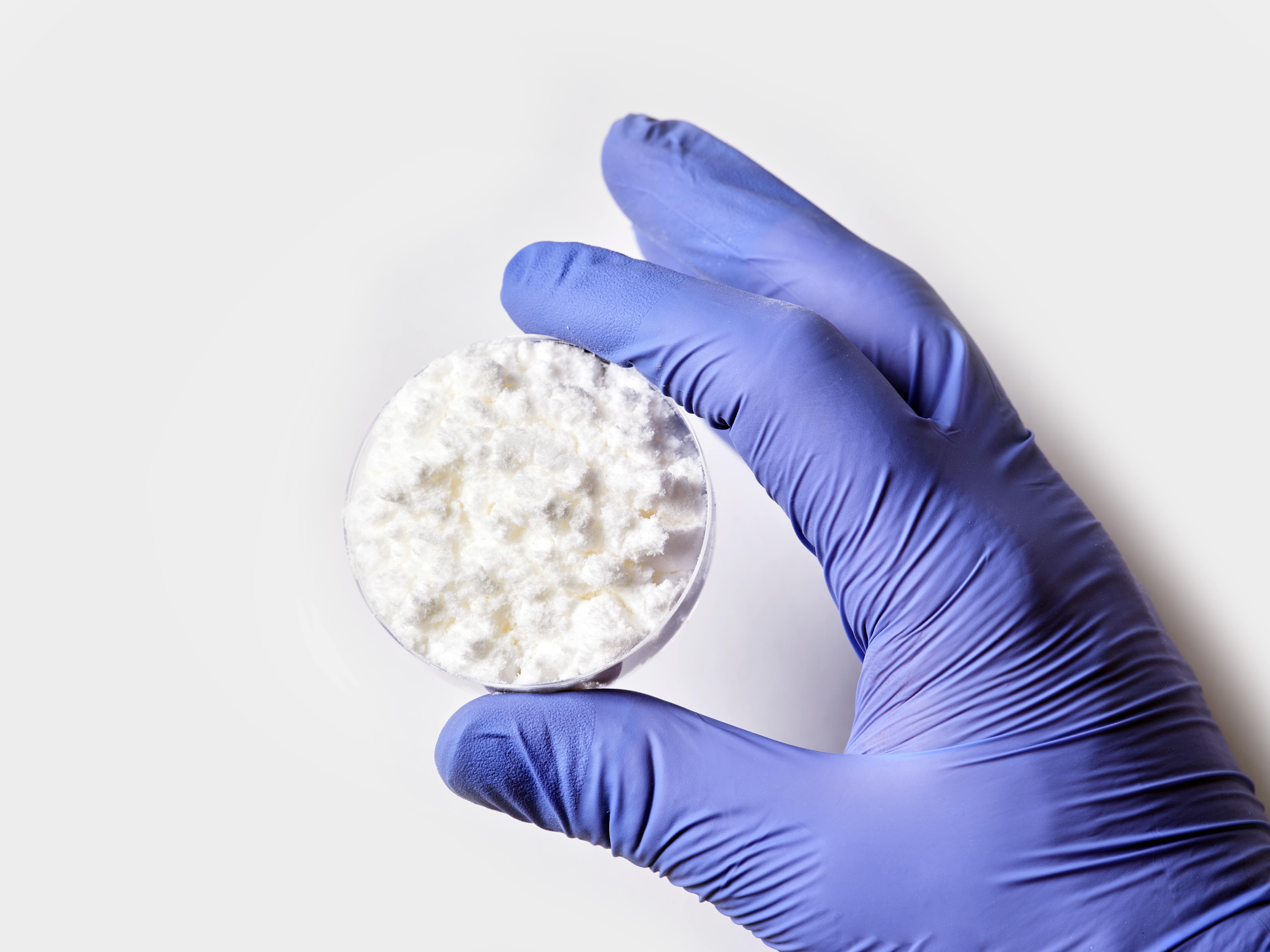Massachusetts’ hemp and cannabis market is soaring. In 2022, Massachusetts cannabis is expected to generate more than $1.4 billion, and with recent measures streamlining the state’s hemp industry into its recreational and medical cannabis programs, industrial hemp is set to compose an increasingly significant portion of this annual revenue.
Compared to the $475 million per year Massachusetts adds to its economy from the sale of farm products, hemp and cannabis production eclipses all other agricultural operations in the state by a wide margin. Increased revenue means increased competition, however, leaving many Massachusetts do-it-yourself hemp producers high and dry.
Is it worth it to grow and extract your own hemp in Massachusetts, or is it better to work with a major extractor? If you decide to work with an extractor, how do you choose the right company? Read on to learn everything you need to know about extracting hemp in Massachusetts in 2022 and beyond.

Is hemp legal in Massachusetts?
Yes, hemp products containing less than 0.3% THC are considered by the federal government to be industrial hemp, and legal nationwide. The state of Massachusetts has reinforced this federal position by folding hemp production into its Massachusetts Department of Agricultural Resources (MDAR) regulation program.
Massachusetts actually legalized hemp and started issuing production licenses before the federal government officially recognized its permissibility. And because of the state’s progressive outlook and infrastructure, some hemp producers in Massachusetts have been legally operating for more than half a decade.
Despite now providing hemp producers with access to its rapidly growing recreational cannabis market, Massachusetts reaffirmed that hemp itself “has no use as a recreational drug.” As a result, hemp products can be sold and purchased almost anywhere in the state—not just dispensaries.
Massachusetts CBD regulations overview
Consistent with federal regulations, CBD products for sale in Massachusetts containing less than 0.3% THC are legal so long as they are not included in food or drink products and are not accompanied by any therapeutic claims. There is no age limit for purchasing CBD products in Massachusetts, but an age limit of 21 years is imposed for those intending to purchase CBD products from a Massachusetts recreational dispensary. Lack of access to CBD-infused food and drink products has significantly limited the revenue opportunities of Massachusetts producers intending to sell their hemp products exclusively within the state’s borders.
How big is the Massachusetts hemp market?
With hemp producers now provided with access to the state’s rapidly growing recreational and medical cannabis industries, the Massachusetts hemp market is one of the nation’s largest. Hemp producers seeking to offer their products exclusively within the state’s tightly regulated cannabis and hemp market, however, may feel stifled by onerous cultivation and processing application requirements.
What are Massachusetts’ hemp cultivation license requirements?
Despite allowing the cultivation and processing of industrial hemp within its borders, Massachusetts nonetheless enforces some of the strictest hemp production regulations in the country. Some of the requirements to become a CBD producer in Massachusetts include:
- Thorough knowledge of and adherence to the MA Commercial Industrial Hemp Program Policy and the United States Department of Agriculture Final Rule for U.S. Domestic Hemp Production
- Submission of a lengthy application document
- Payment of up to $600 in fees
- Detailed maps of each cultivation and processing site you intend to establish (low-quality or incomplete maps may result in application rejection)
- FBI-issued criminal history reports for each applicant (fee per applicant)
There’s a lot that can go wrong in the process. If your map does not meet MDAR’s standards, your hemp processing application could be rejected. Additionally, it is necessary to renew your application every year and notify state authorities of any changes that have been made to your hemp cultivation or processing operation in the interim.
Selling CBD products in Massachusetts: Factors to consider
In deciding whether it’s worth it to cultivate and process your own hemp in Massachusetts, there are a few important factors to consider:
1. How much is an acre of hemp flower worth?
An acre of hemp flower varies considerably depending on its quality and the market dynamics in the area where you intend to sell your hemp.
2. Where can I sell hemp-derived CBD products in Massachusetts?
With proper licensing, you can sell CBD products in Massachusetts recreational and medical cannabis dispensaries as well as general goods retailers throughout the state. Due to unprecedented access to eligible retailers, however, competition within Massachusetts’ CBD industry is greater than ever.
Should I grow & extract my own hemp in Massachusetts?
Given prevailing factors such as high competition and questionable profitability, it is not necessarily a wise decision to venture out on your own as a producer and extractor of hemp in Massachusetts. In the wake of the 2018 Farm Bill, thousands of farmers across the nation scrambled to start producing and selling hemp, leading to a glut of supply that thoroughly surpassed demand.
Since then, the domestic hemp market has stabilized and largely consolidated into the hands of a dozen or so major producers. Delivering greater production efficiency at reduced cost, large-scale hemp producers offer more value than small producers just starting out in the industry can reasonably hope to provide.
What are the benefits of working with a Massachusetts hemp extractor?
Working with an established hemp producer and extractor in Massachusetts is the more desirable option for a variety of reasons. Some of the most impressive benefits include:
Administrative familiarity
Eliminating rookie mistakes and leveraging advanced equipment, larger hemp producers are able to reduce production costs and increase the value of their end products, increasing customer satisfaction and brand loyalty.
Reduced raw materials costs
If you want to formulate your own CBD products, purchasing raw materials from an established producer is considerably less expensive than cultivating and processing your own hemp. The quality of your raw materials is also increased when you work with a large hemp producer.
Processing equipment unnecessary
The equipment required to harvest hemp, process it, and formulate it into consumable products is more costly than many first-time producers account for. Working with a major CBD oil manufacturer in Massachusetts eliminates the need to purchase this equipment, increasing your profit margins.
Improved results
Especially with competition both at the state and national level reaching unprecedented heights, offering CBD products that provide unbeatable value is a top priority. The larger scale and increased level of experience established hemp producers provide guarantee a baseline of quality and consistency that simply cannot be matched by small-scale cultivation-production operations.
What to look for in a Massachusetts hemp extractor
Now that you know the benefits of working with an established hemp extractor in Massachusetts, it’s time to learn how to select the right supplier for your needs:
Full vertical integration
Vertical integration is the practice of handling every step of the production process in-house. In the hemp industry, full vertical integration minimizes opportunities for contamination and processing errors that can reduce the value of a finished product, ensuring a steady standard of quality.
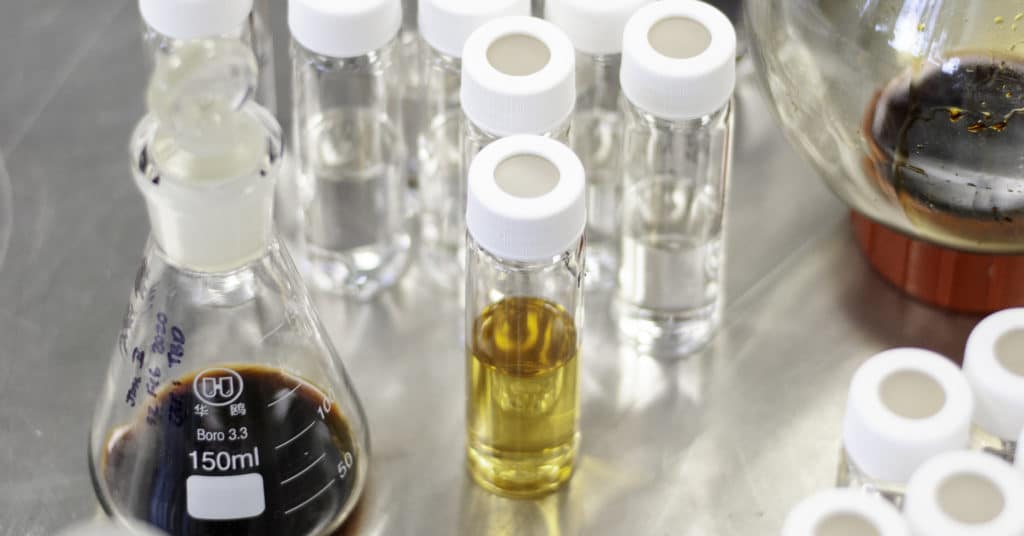
Emphasis on compliance
Acquiring necessary licensing and certification can be arduous for small-time hemp producers, but large-scale cannabinoid suppliers have the resources to actively seek out every available opportunity for compliance. Judge potential suppliers based on their willingness to go the extra mile in regards to certification and licensing.
Multi-stage lab testing
Small-scale producers may only send their crops to labs once or twice during the production process to reduce costs. Not only should larger CBD private label manufacturers have their own in-house testing facilities in-house, they should also test their products at every relevant stage during production.
Comprehensive product variety
Eligible hemp producers should have a wide variety of pre-made product options on hand and also have the capability to produce custom formulations upon request. The depth and breadth of a company’s product options speaks to their overall capabilities as a hemp producer.
Excellent customer service
To the right white-label CBD manufacturer, your brand is the center of the story. Any questions that come up should be answered promptly, and you should be assigned a dedicated customer service agent as a steady point of contact throughout your working relationship.
Massachusetts hemp extraction business FAQs
1. Do you need a license to sell hemp in Massachusetts?
No, licensing is not required to sell hemp products in the state of Massachusetts. If you intend to cultivate hemp within the borders of this New England state, however, you will need to receive licensing. This sort of oversight is not required for shop owners who simply want to sell a few CBD products — you may sell hemp products in Massachusetts at liberty as long as you did not cultivate and produce them within the state.
2. How much is a hemp cultivation license in Massachusetts?
According to the Massachusetts state department established to govern hemp horticulture, it costs $100 to apply for a hemp cultivation license. Applying for a license is no guarantee that your application will be accepted, however, and the Massachusetts state government will not refund your application fee if it is denied.
3. Can I grow hemp in my backyard in Massachusetts?
It is very unlikely that the state of Massachusetts will approve of your plan to grow hemp in your small plot of residential land. If you are a rural farmer or landowner, however, your definition of “backyard” might be very different from a Bostonite’s. Always consult with the Massachusetts state government before proceeding with any hemp cultivation plans you may have.
4. Can you sell hemp seeds in Massachusetts?
There do not appear to be any laws specifically prohibiting or controlling the sale of hemp seeds or other hemp products in Massachusetts. Since hemp seeds do not even contain any cannabinoids, it is highly unlikely that state authorities will take offense to any plans you may have to sell these nutritionally beneficial seeds in your retail establishment.
Extracting hemp in Massachusetts: The bottom line
Is it worth it to become a hemp manufacturer in Massachusetts in 2022? Unless you’re absolutely sure you have everything you need to succeed and can afford to absorb some losses along the way, probably not. Massachusetts may be an ideal market for selling hemp at the moment, but your profitability will take a hit if you decide to pursue this venture alone.
Working with a white label CBD product manufacturer costs less than growing and processing your own hemp, and taking this approach results in higher-quality products your customers will appreciate. Offering a wide range of raw materials and finished product formulations with endless opportunities for customization, GVB Biopharma is the ideal solution for any Massachusetts hemp brands searching for a supplier. Contact GVB Biopharma today to get started.

